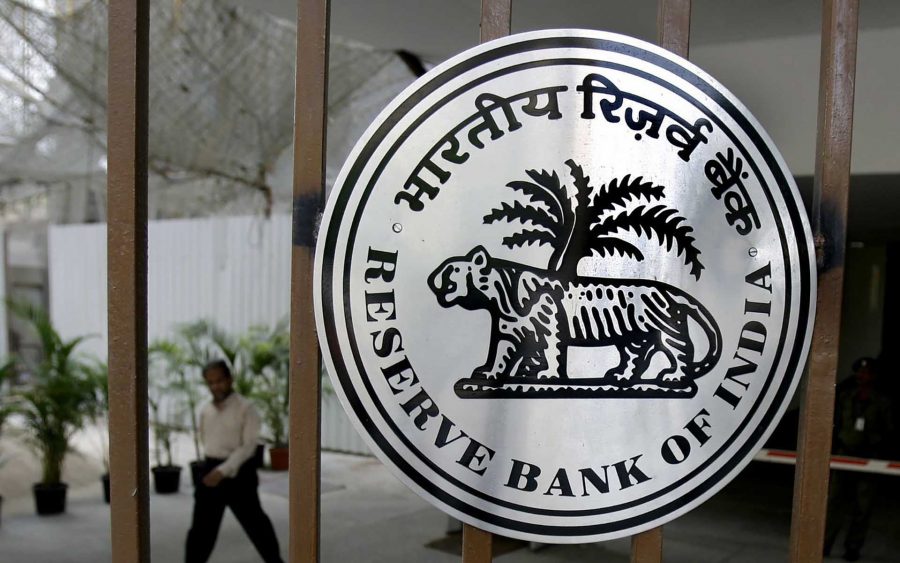
RBI’s rescue plan solace for Yes Bank, but comes a bit late
The Reserve Bank of India's recent restrictions on Yes Bank didn't come as a surprise, but analysts say it was a bit too late in coming as the management tried desperately to rescue the bank from closing down, but the central bank was running out of patience. The bank needed cash infusion of as much as $3 billion-$4 billion over the next three years which hasn't so far.

The Reserve Bank of India has finally moved to place restrictions on Yes Bank, a private sector bank which was once the toast of the high-profile parties in Mumbai’s tony hotels.
The move didn’t come as a surprise, but analysts say it was a bit too late in coming as the management tried desperately to rescue the bank from closing down, but the central bank was running out of patience. The bank needed cash infusion of as much as $3 billion-$4 billion over the next three years which hasn’t so far.
In a statement, the central bank said the financial position of Yes Bank has undergone a steady decline because of its inability to raise capital to address potential loan losses and resultant downgrades. This triggered off invocation of bond covenants by investors and withdrawal of deposits. It also pointed out that the bank had experienced several governance issues.
Related news: RBI restricts withdrawals from cash-strapped Yes Bank at ₹50,000
Global investment firm Jefferies in a note to the investors said that there is a lot that needs to be fixed at Yes Bank. “Details on asset quality, rising real-estate exposure, rising capital market exposure, renewable power loans, off-balance-sheet credit risk, higher non-SLR book in ‘unrated’ securities, wholesale dominated funding profile, lower CASA funding, a better asset-liability mismatch, higher attrition level and falling ESOP grants. There’s a lot the bank needs to fix, starting with capital levels,” it said.
Meanwhile, the RBI said the moratorium will last till April 3 and all legal proceedings against the bank will be stayed during the period. The RBI governor has already said that no banks will be allowed to fail and one way to keep the promise, according to insiders tracking the company, is to let the country’s largest bank, State Bank of India (SBI) to pick up a stake.
The RBI also suspended the bank’s board of directors for a period of 30 days, indicating that the bank’s efforts to salvage itself had not worked.
Though the RBI has asked depositors not to panic, the situation among those with medium to high deposits including those with company accounts is bound to send distress signals across the board.
The central government, already in the line of fire on several other issues, may not risk adding one more to the list. The RBI, which took the decision to announce the ₹50,000 limit in consultation with the government, has said it is working out ways to protect the interests of depositors and will come out with a few announcements in the next few days.
According to reports, a consortium led by the State Bank of India could infuse funds to the extent of ₹14,000 crore or thereabouts to save Yes Bank from collapse.
While the government will, in all probability, not allow the situation to precipitate, the Yes Bank case may surely rattle the Indian middle class and corporates who have always been given to believe that the banking system is rock solid.
In the recent budget, the government proposed to raise the deposits that will accrue to depositors from ₹1 lakh to ₹5 lakh. While this was some solace, the larger reality is that in the event of those holding higher deposits the loss will still be considerable if a bank goes down under.
Related news: SBI gives in-principle nod for investment in cash-strapped Yes Bank
Social media saw a flurry of activity following the announcement with many holding Yes Bank accounts saying all online transactions involving the bank had been suspended. It is going to be a tense few days as anxious depositors will have to wait to see what the apex bank will announce soon.
And, let there be no doubt that the PMC bank earlier, and now Yes Bank, will lead to a sense of uncertainty among millions of ordinary depositors. With real estate, for example, also plummeting down to recessionary levels individual investors are caught between the devil and the deep sea.
The question is does it make sense to own property or have money in the bank? With both not the most viable option in a recessionary economy the future in a sense, is up in the air.

